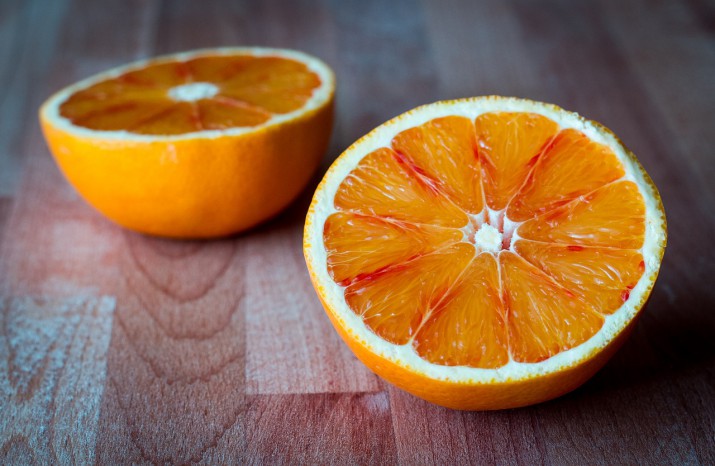With new studies and nutrition information being released every day from a myriad of sources, and much of that information conflicting with other studies and articles, where do we turn for accurate and reliable information?

As a personal trainer where we provide insights regarding general nutritional information to our clients, the struggle is real. The internet can be a great tool providing amazing insights and the latest science in nutrition, however it can also be a source of “fake news” or slanted news to push products.
To be clear, I am not under the opinion that all articles are slanted, however, I do think we simply need to be cautious when reading and accepting that all nutrition information that is published on the internet is accurate and reliable.
Here’s how to make sure that the nutrition information is accurate:
1) Sources: Check the source of the information you are reading. Is the website credible and a known source for information? Look for information from sites that you know are reliable such as health.gov, or an accredited university with a school of nutrition such as Harvard.edu/nutrition source.
2) Author: Research the author. Are they a well-known influencer in the industry? What is their education and background in nutrition? If they are simply a celebrity that made it big in TV with no training in nutrition, back away slowly from the information.
3) Information Intent: Remember that many articles and information on the internet are simply a summary of the original published data or study. This means that it is possible that some key information could have been omitted. My recommendation is that you go right to the source of the data and read it for yourself.
Some articles may also provide a slanted view dependent on the publisher/author’s goals which may or may not be to promote a product that would fall in line with the nutritional findings they are writing about. The way to know this is to look for links provided in, or at the end of the article.
A good example may be that author is writing about blueberries and that they are great for fighting wrinkles, then a link shows up for a skin care company with an anti-aging cream made with blueberries, I would think twice about the accuracy of the article. It may very well be true since blueberries are a super food, however, anytime there is a link to a product, you should question the intent and accuracy.
As with everything you do in life, do not accept all information that you read on the internet as gospel, do your own research, and know your sources.
Please note: Personal Trainers unless certified in nutrition cannot provide specific nutrition recommendations and guidance to clients, they must be referred to a registered dietician or other licensed practitioner in nutrition.



